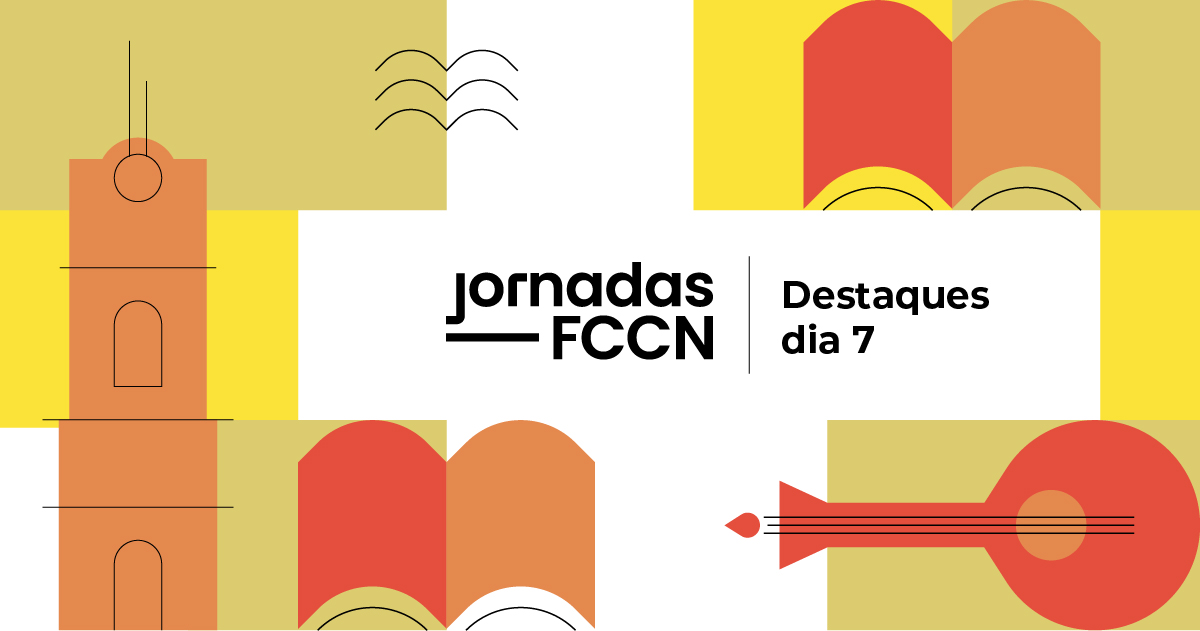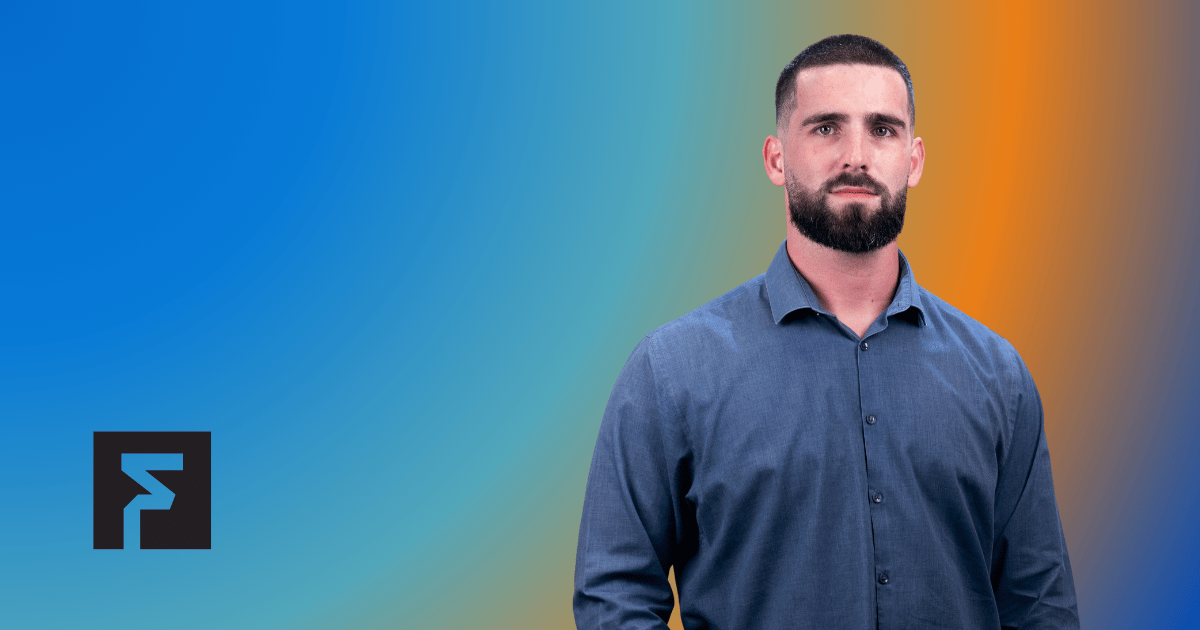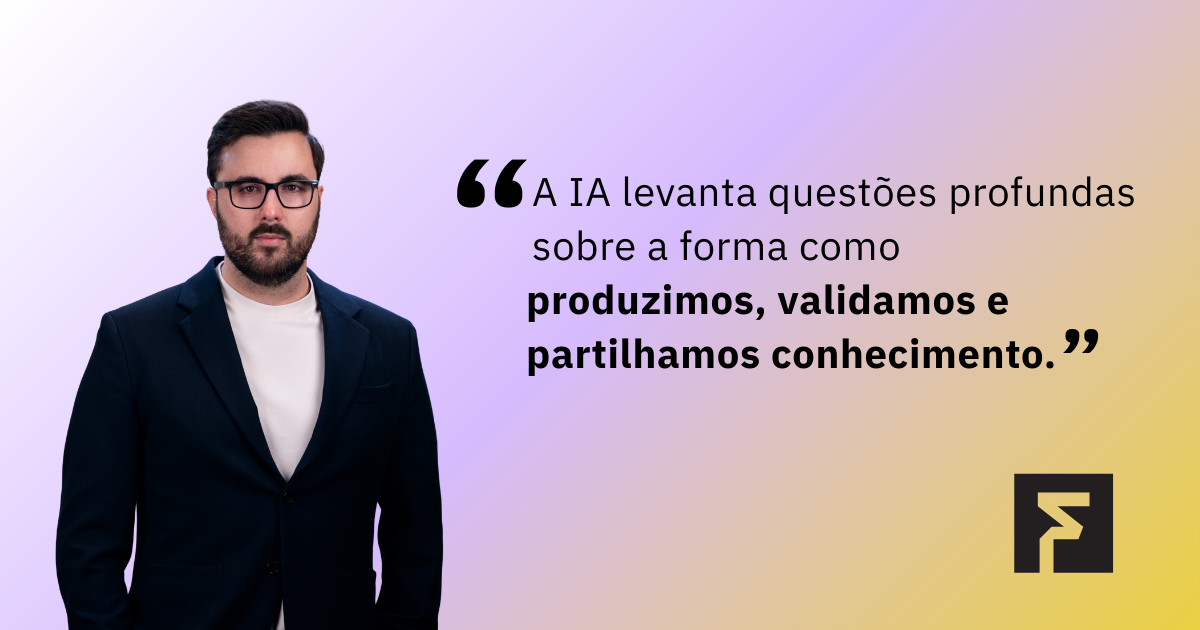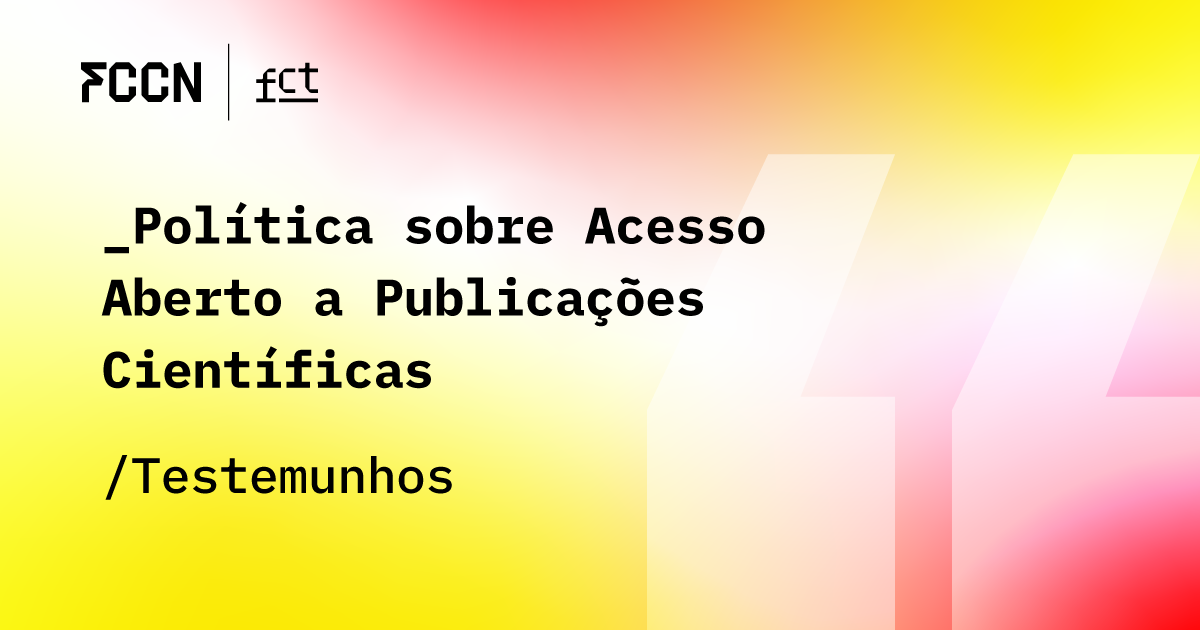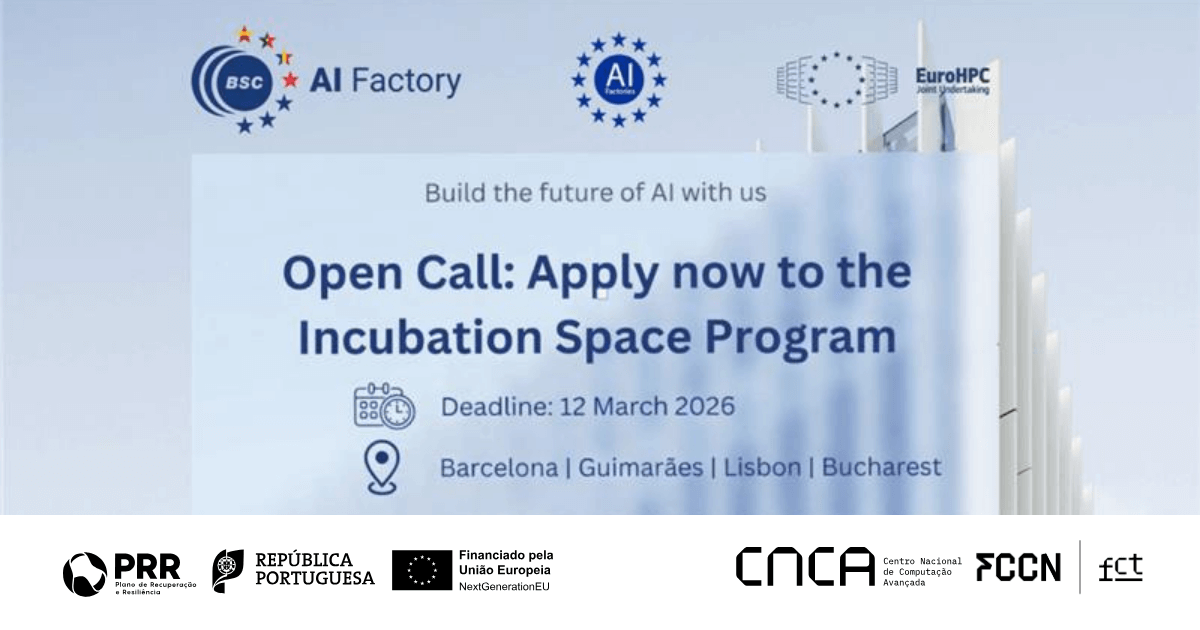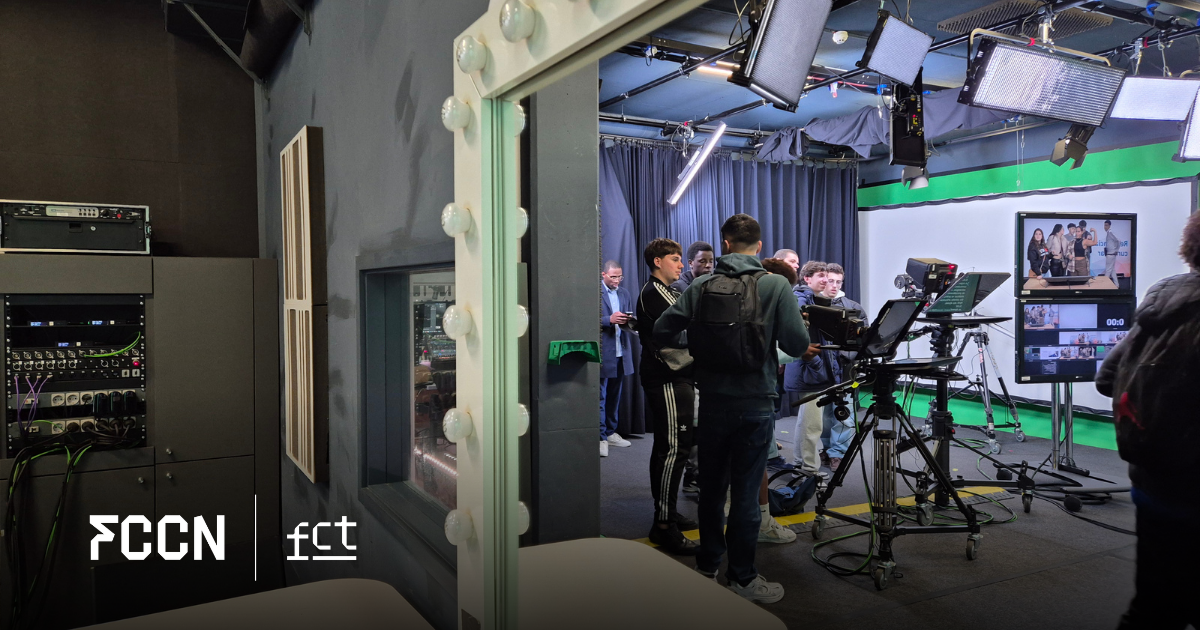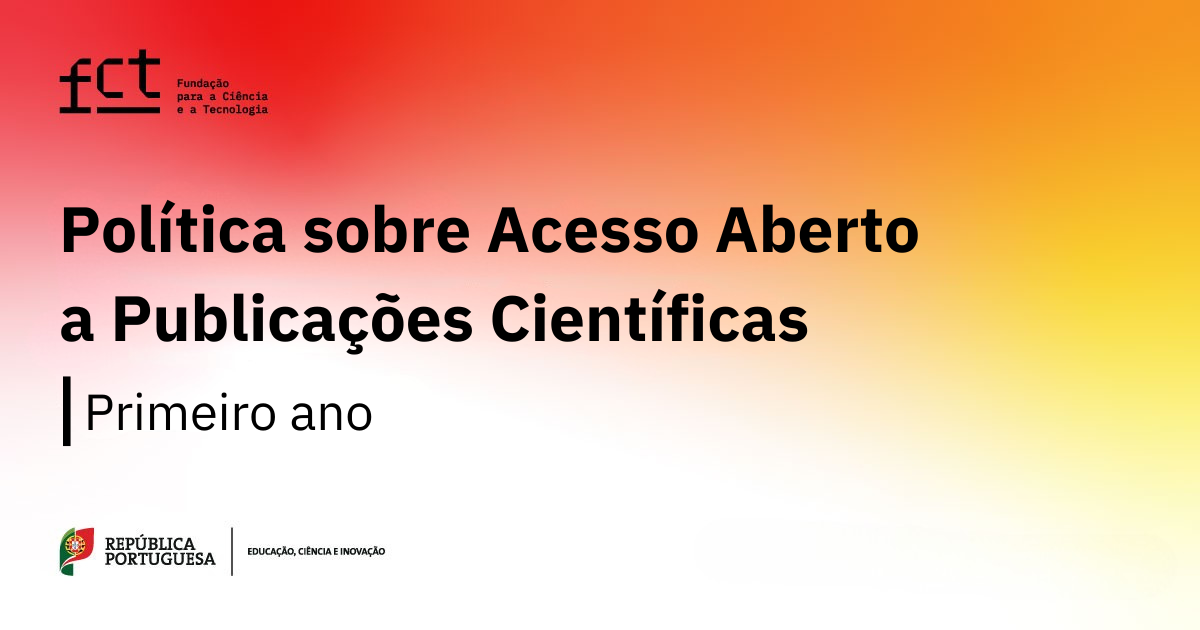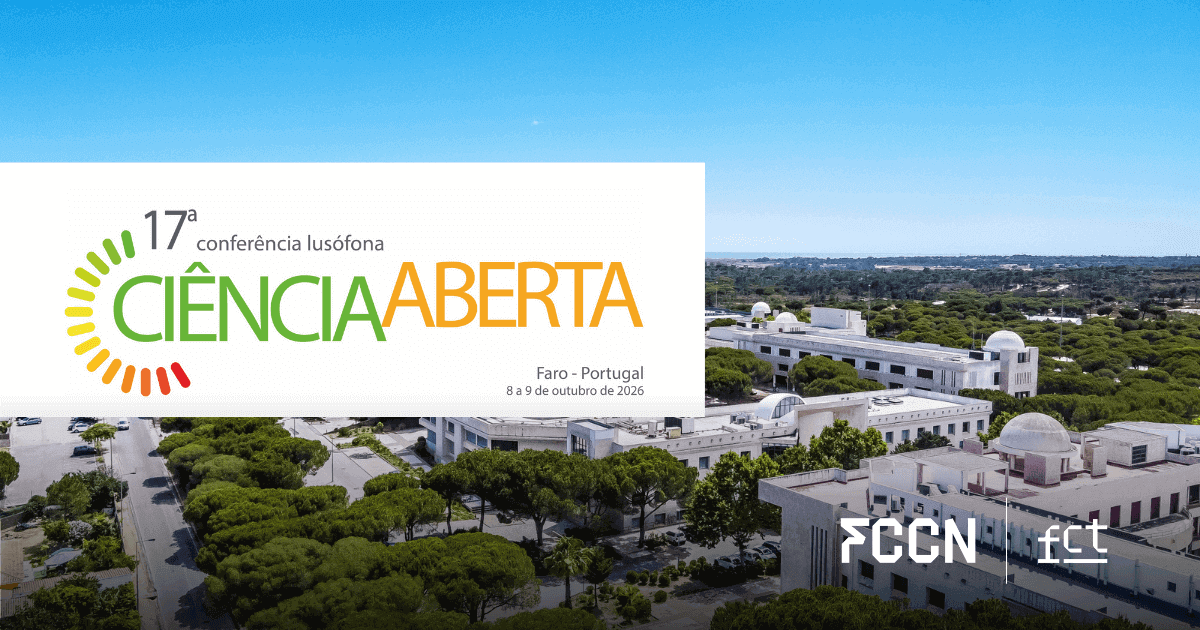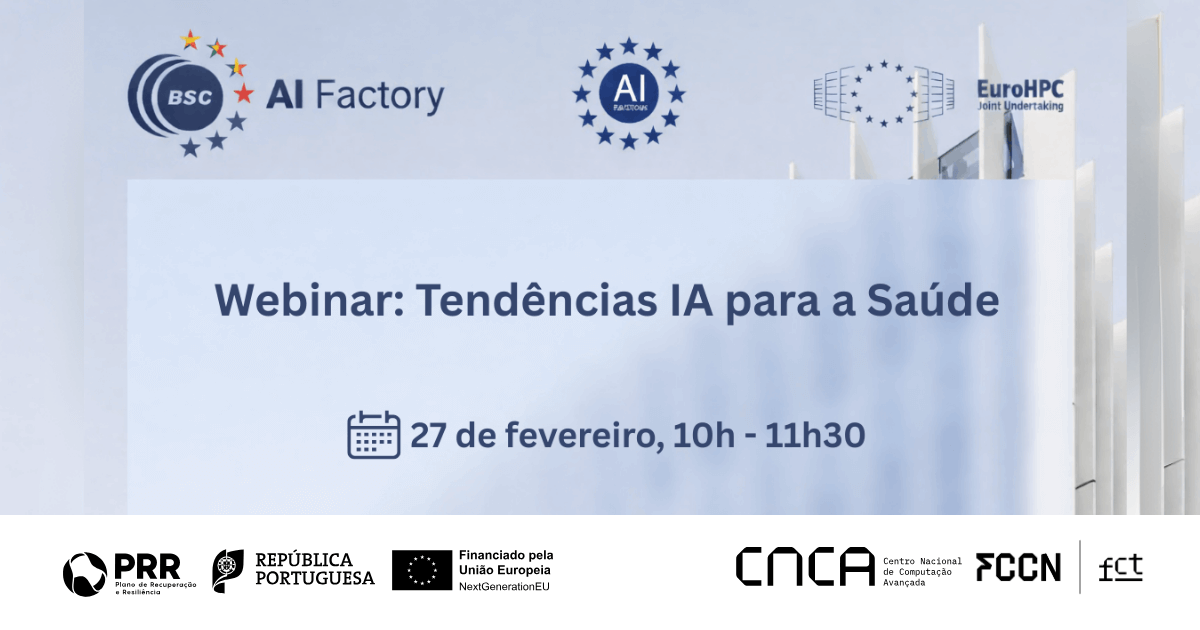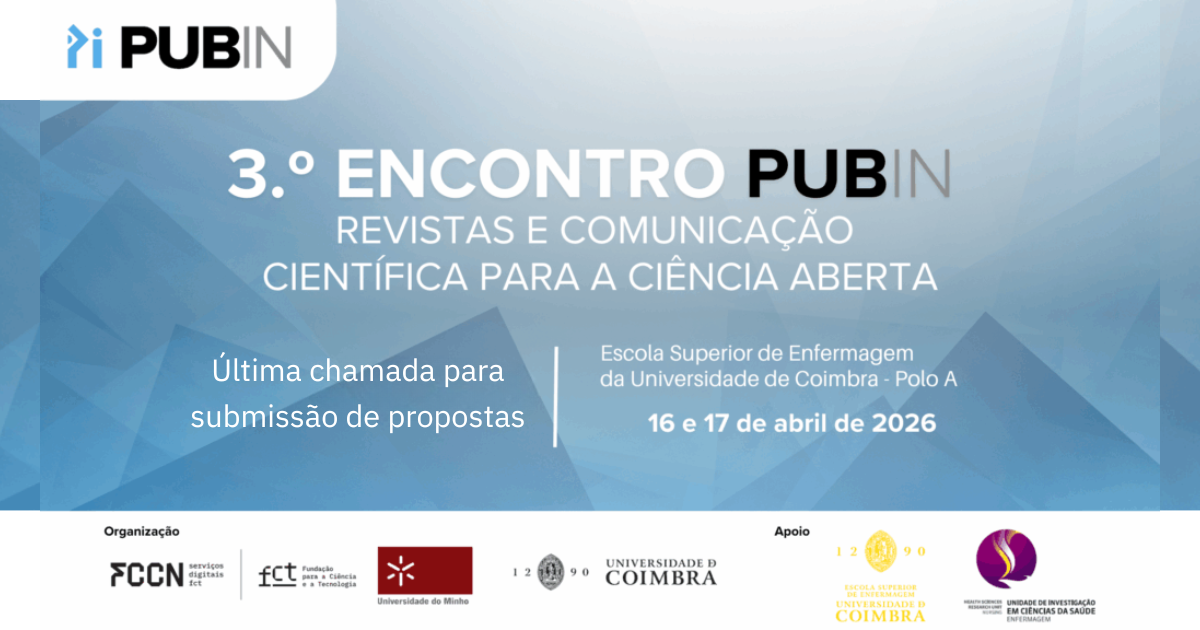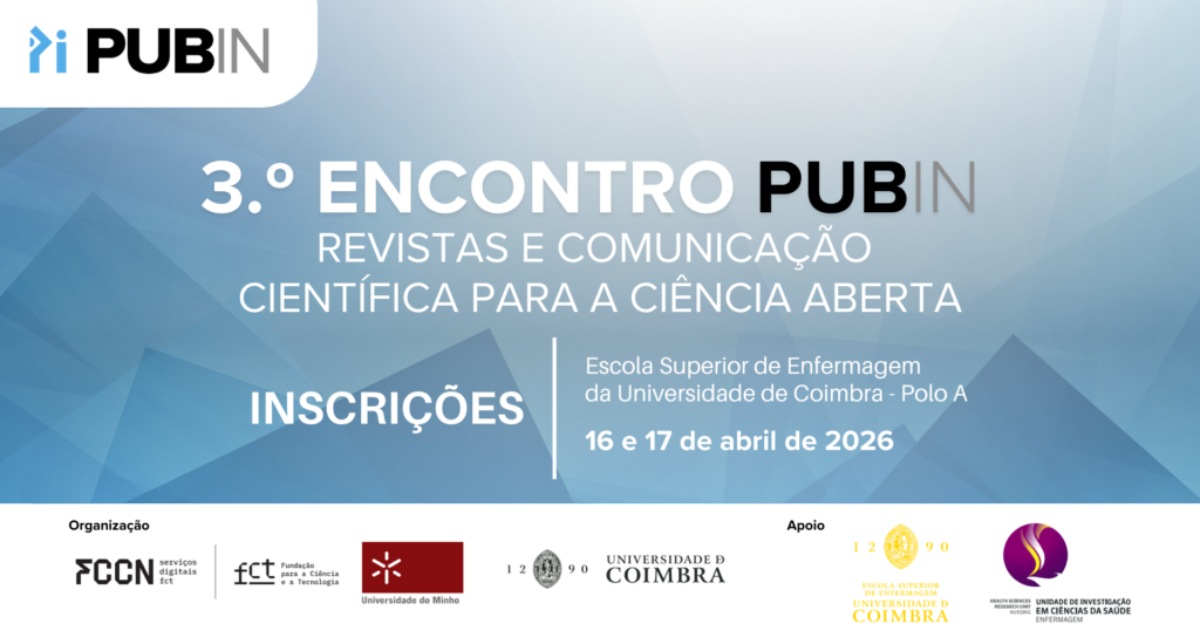The second day of the FCCN Conference included new developments and some of the most iconic moments from the annual meeting of the national teaching and research community.
“For the second year in a row, the record number of registrations for the FCCN Conference was broken”, began by highlighting the vice president of the Foundation for Science and Technology, Francisco Santos. This data, he added, is illustrative “of the dynamism of this community”, who sees this event as a meeting point “for sharing experiences and continuous improvement”. “We will continue to strengthen the role of FCCN in the national Science and Technology system”, he highlighted.
Meeting in Coimbra
The opening session featured interventions by representatives of the two main partners in organizing this edition of the FCCN Conference: Coimbra City Council and the University of Coimbra.
The Mayor of Coimbra, José Manuel Silva, highlighted the importance of hosting this event in the city, taking into account the way it enables “equip Portugal with the tools necessary for its development”"We are transforming Coimbra into one of the most dynamic municipalities in the country, and these are the right partners to help us," he added.
Earlier, the Vice-Rector of the University of Coimbra, Alfredo Dias, emphasized how "in a knowledge and information society, infrastructure and systems are fundamental." "Higher education institutions receive significant support from the FCCN," he stated, before adding: “Events like the FCCN Conferences are essential for sharing experiences and knowledge, building better solutions.”
Still during the morning, the Keynote Speaker of the event, João Gabriel Silva, explored the history of the installation of the first Portuguese computer, developed by the Department of Engineering and Electrical Engineering of the University of Coimbra, during the 1980s – the Ener 1000. At the end of the presentation, highlighted the impact that this project continues to have nationally and internationally.
Time for Community
“This is the time to share the latest news about FCCN services, presenting activities and projects in a flash”. The phrase from the FCCN area director, Miguel Andrade, served as a way of introducing another of the morning's moments – the Zapping FCCN. “These short presentations can serve as teaser and an invitation to delve deeper into these topics in parallel sessions,” he added.
Over the course of 10 4-minute presentations, members of the FCCN team, FCT digital services, took to the stage to share the latest news on services such as b-on, PTCRIS, Polen, Certificates, Multimedia Services or Arquivo.pt, between others.
It was followed by Zapping of the Community, which, as explained by the session moderator – Jorge China, from the University of Coimbra – is “a very interesting moment to show the fantastic things that are done in this country”. The University of Minho, Coimbra City Council, the University of Coimbra, and Lusófona University were some of the organizations that took to the stage to share examples of technological innovation applied in their communities.
IAedu. A new service focused on AI
One of the afternoon's parallel sessions focused on the main new development communicated during the event – the new IAedu digital service. The solution, as highlighted by Francisco Santos, will allow “putting artificial intelligence at the service of researchers, democratizing access” to this type of technology, “through free access”.
During the service presentation session, Salomé Branco, deputy general coordinator of FCCN, explained that “In a single portal, with federated authentication, the community will be able to access several artificial intelligence solutions”.
The first version of the portal was presented, which allows access to four LLM models (Large Language Model). A period will soon open for institutions that are part of the FCCN network to express interest in participating in the pilot project. The portal is based on Microsoft's Azure platform, with one of the project requirements being the possibility of integrating new and different AI solutions.
Microsoft's Manuel Dias gave a presentation on Generative AI applied to Higher Education, detailing the most popular AI tools. "It's impressive to see how usage continues to grow," he explained that most uses are related to areas such as critical thinking, writing or problem solving.
Manuel Dias' presentation focused on some of the potential uses of AI in higher education that can be enhanced by the use of the IAedu service. He also highlighted the importance of higher education institutions developing specific skills in this area. “We must look to the near future”, he concluded.
The FCCN Conference continues tomorrow, with a third day of work, starting at 9:30 a.m. You can find out more here.
